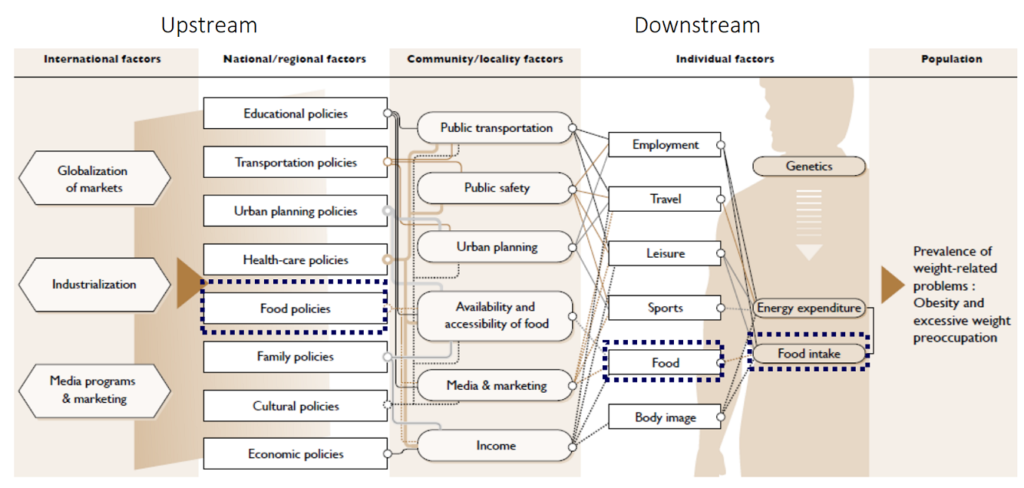
Pennsylvania Rural Health Program Receives Award for Quality Excellence

The Pennsylvania Medicare Rural Hospital Flexibility Program received the 2024 Medicare Beneficiary Quality Improvement Project (MBQIP) Certificate of Excellence Award in recognition of outstanding critical access hospital state quality reporting and performance. The Pennsylvania program, which was ranked #1 nationally, has 16 critical access hospitals — these small hospitals of 25 beds or less are in rural counties and serve Medicare, low income and uninsured populations.
The award was presented on July 18 at the annual Medicare Rural Hospital Flexibility Program reverse site visit in Washington, D.C., by the Federal Office of Rural Health Policy in the U.S. Department of Health and Human Services’ Health Resources and Services Administration. Lannette Fetzer, quality improvement coordinator, and Sandee Kyler, rural health systems manager and deputy director, of the Pennsylvania Office of Rural Health (PORH), accepted the award on behalf of the state’s critical access hospitals. PORH, a partnership between the federal government, the state government and Penn State, is administratively housed in the Department of Health Policy and Administration in the Penn State College of Health and Human Development.

MBQIP is a quality improvement activity under the Medicare Rural Hospital Flexibility grant program of the Federal Office of Rural Health Policy. The goal of MBQIP is to improve the quality of care provided in critical access hospitals by increasing quality data reporting and driving quality improvement activities based on the data. MBQIP is a voluntary reporting system that includes quality and satisfaction measures from the Centers for Medicare and Medicaid Services Hospital Compare plus a critical access hospital-specific emergency department transfer communication measure set. Pennsylvania was one of the first four states to have 100% critical access hospital participation in MBQIP.
The Medicare Rural Hospital Flexibility Program improves access to preventive and emergency health care services for rural populations. Providing federal grant funding to eligible states, the program requires states to address rural health network development and directs significant effort into designating critical access hospitals.
“Pennsylvania’s 16 critical access hospitals work vigorously to ensure their hospital provides exceptional patient care, serving as a testament to superior quality service. It is a pleasure to work with them,” Fetzer said.
During the meeting, Fetzer was asked, for the second year, to serve as one of three panelists during a session called “Intersections of Flex: Working Across Program Areas for Greatest Impact,” where she discussed how quality affects the hospital’s bottom line and the importance of quality reporting.
“Successful quality improvement is not a one-time occurrence; it is a continuous and ongoing effort to improve outcomes in health care,” Kyler said. “Our critical access hospitals care about the people and communities they serve. This recognition demonstrates their commitment to high-quality health care in these rural communities. They are commended for their continuing efforts and focus on high-quality health care.”
PORH, which provides expertise in the areas of rural health, agricultural health and safety, and community and economic development, was formed in 1991 as a partnership between the federal government, the Commonwealth of Pennsylvania and Penn State. The office is one of 50 state offices of rural health in the nation funded under a program administered by the Federal Office of Rural Health Policy and is charged with being a source of coordination, technical assistance and networking; partnership development; and assisting in the recruitment and retention of health care providers.
The post Pennsylvania Rural Health Program Receives Award for Quality Excellence appeared first on Pennsylvania Office of Rural Health.








